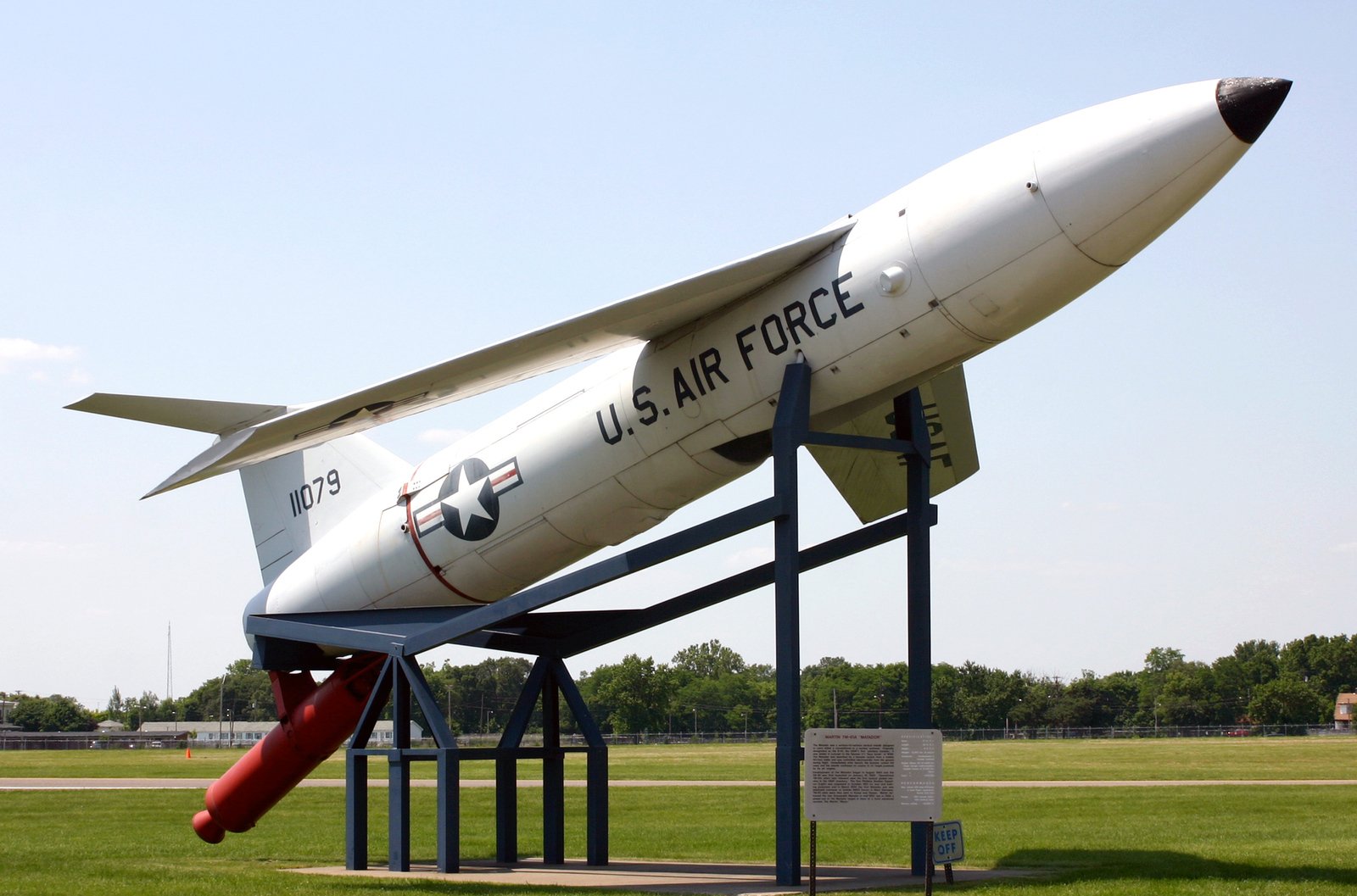
 These cost $132,000 each about 60 years ago (more than $3 million by today's money)
These cost $132,000 each about 60 years ago (more than $3 million by today's money)
"Then there are overzealous courts like the tribunal of ITC, which impose sanctions even in defiance of PTAB."In spite of Mayo, another SCOTUS decision that shaped 35 U.S.C. ۤ 101, the USPTO is still granting patents on life itself (the EPO increasingly does this too, in arrogant defiance of the EPC). Here is a press release that is only a few days old:
Inscripta Granted Patents for CRISPR Gene-Editing Systems
Inscripta, a leading gene-editing technology company, today announced two significant milestones. First, the USPTO granted Inscripta its first patent covering systems using MAD7, the company's first free CRISPR enzyme, as well as patent coverage for systems using another MADzyme, MAD2. Second, Inscripta released new data run by external partners showing MAD7 can edit mammalian cells.
"Today marks a major step forward in the gene-editing revolution we started seven months ago when we released our own, unique CRISPR enzyme (MAD7)," said Kevin Ness, CEO of Inscripta. "We and our partners have shown that MAD7 is an effective tool in editing microbial and mammalian cells. All researchers, both academics and industrial scientists alike, can use MAD7 confidently, and Inscripta is committed to providing a license to its related patents for customers to perform free research and development using the enzyme."
"This kind of patent would do no good; if facilitates nothing except shakedown (a form of extortion) or patently frivolous litigation."Cellspin Soft, Inc. v Fitbit, a case that we mentioned days ago in this post, is now being covered by Michael Borella (McDonnell Boehnen Hulbert & Berghoff LLP) in Patent Docs (reposted here, maybe for a fee so as to appear more widely). Here's the part relevant to 35 U.S.C. ۤ 101 although the more interesting angle is the possibility that the plaintiff will get punished for frivolous litigation. Quoting Borella:
Cellspin sued Fitbit and thirteen other defendants in the Northern District of California alleging infringement of U.S. Patent Nos. 8,738,794, 8,892,752, 9,749,847, and 9,258,698. The defendants filed a motion to dismiss, alleging invalidity of the patents under 35 U.S.C. ۤ 101.
The court granted plaintiff's motion in limine under FRE 403 to preclude defendant from telling the jury that damages could be enhanced or trebled at a willfulness retrial and rejected defendant's argument that its supplier's indemnification agreement should similarly be excluded.
"If the ultimate goal is justice rather than profit, then the status quo is "unfit for purpose" (i.e. not good enough) and always favours deep-pocketed corporations as well as law firms."In another new development, in Shire LLC et al v Abhai LLC, "[t]The court granted in part plaintiffs' motion for discovery sanctions and sanctioned defendant $1.5 million after defendant disclosed corrected stability dissolution testing data during a bench trial," according to this new Docket Report.
The way things stand at the moment -- and we shall elaborate on that later in the week -- patent justice isn't easy to find in the US. The law is still dominated by law firms (they write the law by lobbying/lobbyists) and patent examiners are better rewarded for granting a lot of patents rather than rejecting most. If the ultimate goal is justice rather than profit, then the status quo is "unfit for purpose" (i.e. not good enough) and always favours deep-pocketed corporations as well as law firms. The latter want eternal war. ⬆